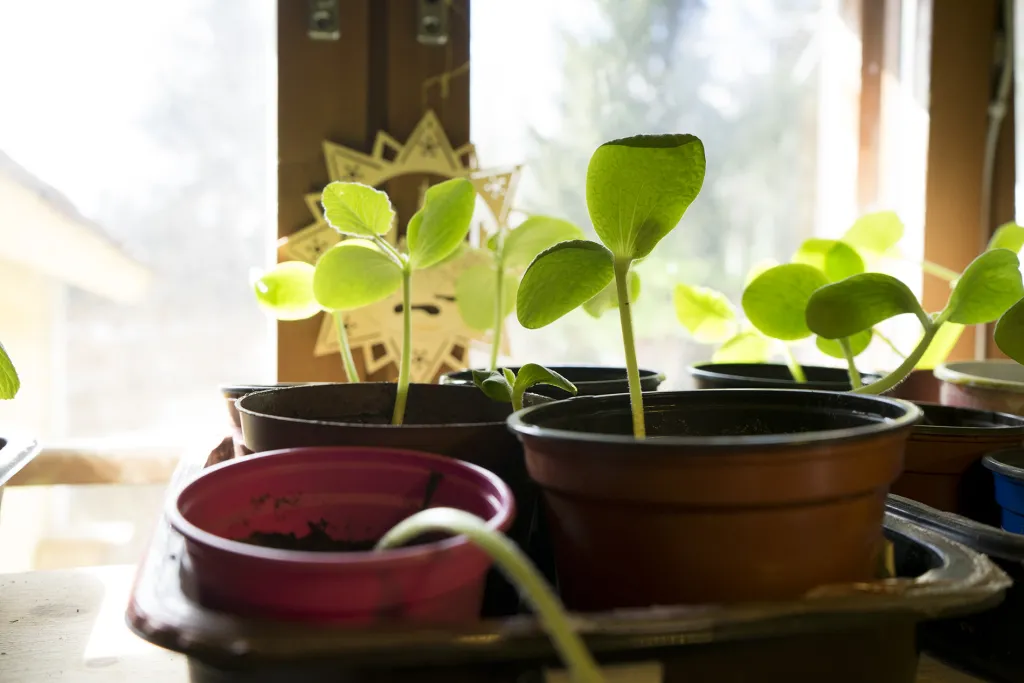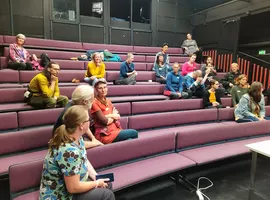Social permaculture incorporates a wide range of principles and practices, such as promoting diversity and inclusiveness, encouraging collaboration and cooperation, and working with natural systems and processes. It emphasizes the importance of creating resilient and sustainable communities that are able to adapt and thrive in the face of change and challenges.
Social permaculture can be applied to a variety of settings, including neighborhoods, villages, towns, and cities. It is a holistic approach that considers the many different aspects of human communities, such as economic systems, governance structures, social networks, and cultural practices. By incorporating social permaculture principles and practices, it is possible to create more sustainable, resilient, and equitable human communities.
Articles tagged with social permaculture
PermaPuheet
The PermaPuheet is a design for a series of lectures for the Finnish Permaculture Association. It was well received by many members and helped to more than double the number of members within 3 month.
Permablitz designCamp
In early 2020 we bought the neighbors 0,5ha pine forest / recreational spot that was years back sold to them by Lumia's, my wife’s parents. The neighbors wanted to sell and for us it was a good opportunity to buy. Lumia then started the process… more
Welcome to the PermaCafe
Over the past years the Finnish permaculture association used all kinds of different tools and processes to get members involved. The following design used permaculture ethics and principles to introduce a new social design tool called PermaCafé… more




